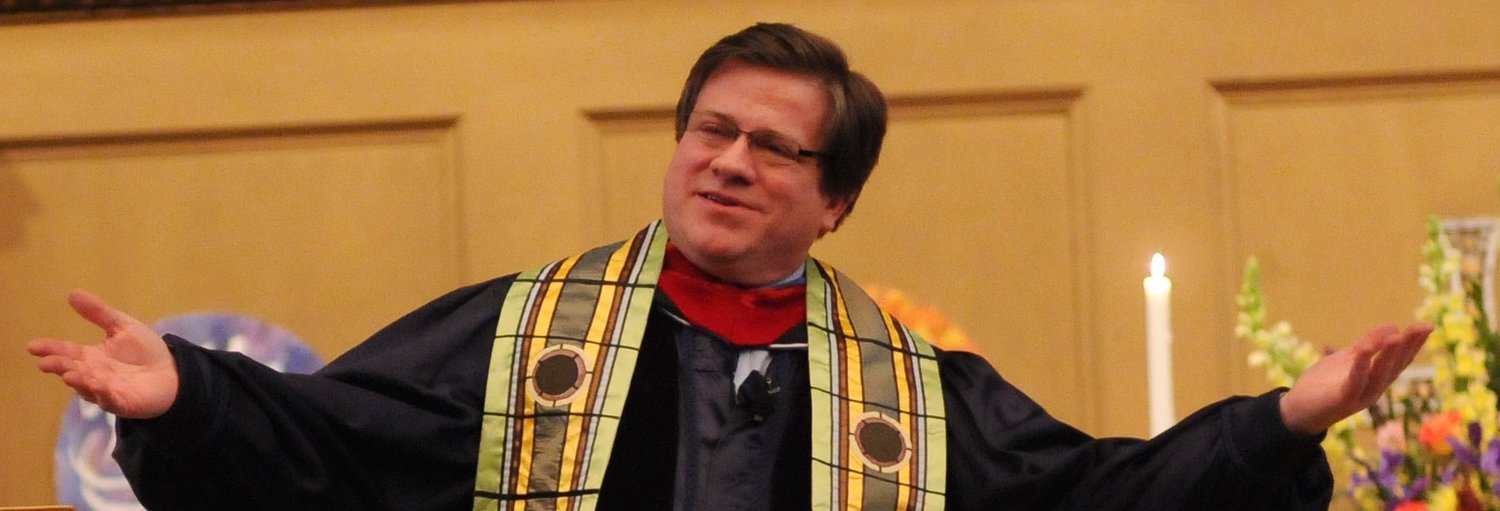For the Inward Journey, Day Forty-Two
The Social Position of Jesus
The striking similarity between the social position of Jesus in Palestine and the vast majority of American Negroes is obvious to anyone who tarries long over the facts. We are dealing here with conditions that produce essentially the same psychology . It is the similarity of the social climate at the point of a denial of full citizenship which creates the problem for creative survival. For the most part, Negroes assume that there are no basic citizenship rights, no fundamental protection, guaranteed to them by the state, because their status as citizens has never been clearly defined. There has been for them little protection from the dominant controllers of society and even less protection from the unrestrained elements within their own group.
The result has been a tendency to be their own protectors, to bulwark themselves against careless and deliberate aggression. The Negro has felt, with some justification, that the peace officer of the community provides no defense against the offending or offensive white man; and for an entirely different set of reasons the peace officer gives no protection against the offending Negro. Thus the Negro feels that he must be prepared, at a moment’s notice, to protect his own life and take the consequence therefor. Such a predicament has made it natural for some of them to use weapons as a defense and to have recourse to premeditated or precipitate violence.
Living in a climate of deep insecurity, Jesus, faced with so narrow a margin of civil guarantees, had to find some other basis upon which to establish a sense of well-being. He knew that the goals of religion as he understood them could never be worked out within the then-established order. Deep from within that order he projected a dream, the logic of which would give to all the needful security. There would be room for all, and no man would be a threat to his brother. “The kingdom of God is within.” “The spirit of the Lord is upon me, because he hath anointed me to preach the gospel to the poor.”
The basic principles of his way of life cut straight through to the despair of his fellows and found it groundless. By inference he says, “You must abandon your fear of each other and fear only God. You must not indulge in any deception and dishonesty, even to save your lives. Your words must be Yea—Nay; anything else is evil. Hatred is destructive to hated and hater alike. Love your enemy, that you may be children of your Father who is in heaven.”
(For the Inward Journey: the writings of Howard Thurman.
Selected by Anne Spencer Thurman. pages 136-137
Originally published in Jesus and the Disinherited)
Reading Jesus and the Disinherited during my seminary training meant much to me. I had long adopted a sense of social dislocation form much of what I experienced in my life and even in school. I often felt that I did not fit in, a working-class kid, for example, finding my way in an elite institution like Brown. I knew I was as bright as most people, but there were so many indicators that I had not been “prepared” for college. Not that my high school teachers had not exposed me to the kind of study that was required to gain admission, but I had never cultivated habits that would allow me to thrive; and I was clueless when people spoke about their parents who were professors themselves and judges and elected officials and developers of real estate, etc. etc. I remember a classmate whose family owned orchards in Florida, and when we spoke about “the business,” it didn't take long to hear how invisible the migrant workers were who picked all those oranges. Hmm. Dislocating of my family, it felt, dislocating of me.
There are several ways Thurman points out Jesus’s “disinherited” status. “We begin with the simple historical fact that Jesus was a Jew. . . . It is impossible for Jesus to be understood outside of the sense of community which Israel held with God.” He speculates about our inability to imagine this some two thousand years after Rome destroyed that community.
Then, “The second important fact for our consideration is that Jesus was a poor Jew.” At the time of his dedication at the Temple, the sacrifice that was offered—two pigeons—was the most humble. “The economic predicament with which he was identified in birth placed him initially with the great mass of men on he earth. The masses of the people are poor. If we dare take the position that in Jesus there was at work some radical destiny, it would be safe to say that in his poverty he was more truly Son of Man than he would have been if the incident if family or birth had made him a rich son of Israel.”
“The third fact is that Jesus was a member of a minority group in the midst of a larger dominant and controlling group.” Here I hear Thurman making a direct connection between the minority (in their own land) Jews and the status of Black folk in the United States. The connection that I make is between the more numerous working class from which I emerge and with which I identify and our status of a “minority of power” in this culture. “We are the many,” I imagine, and the culture of the ruling elite—even as it is written into our hearts and actions—controls the great majority.
Holy Week! It feels as if it has come so quickly upon us. I have noticed the lengthening of days, the growing of light as I take my morning time. And I wonder, what “Easter” moment do I seek just now . . . and with what community of faith . . . and with which disinherited people?
